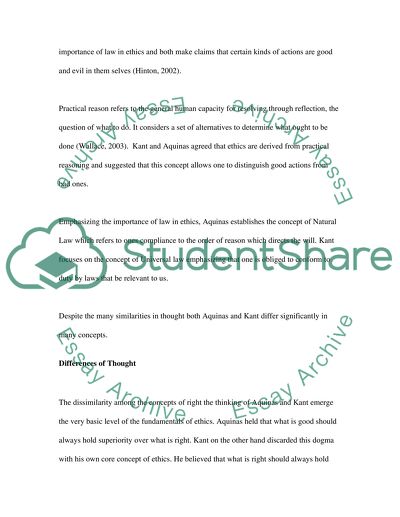Cite this document
(“The Aquinas Thinking of Ethics: Promoting Equality and Goodwill in Research Paper”, n.d.)
The Aquinas Thinking of Ethics: Promoting Equality and Goodwill in Research Paper. Retrieved from https://studentshare.org/philosophy/1560535-essay-midterm
The Aquinas Thinking of Ethics: Promoting Equality and Goodwill in Research Paper. Retrieved from https://studentshare.org/philosophy/1560535-essay-midterm
(The Aquinas Thinking of Ethics: Promoting Equality and Goodwill in Research Paper)
The Aquinas Thinking of Ethics: Promoting Equality and Goodwill in Research Paper. https://studentshare.org/philosophy/1560535-essay-midterm.
The Aquinas Thinking of Ethics: Promoting Equality and Goodwill in Research Paper. https://studentshare.org/philosophy/1560535-essay-midterm.
“The Aquinas Thinking of Ethics: Promoting Equality and Goodwill in Research Paper”, n.d. https://studentshare.org/philosophy/1560535-essay-midterm.


